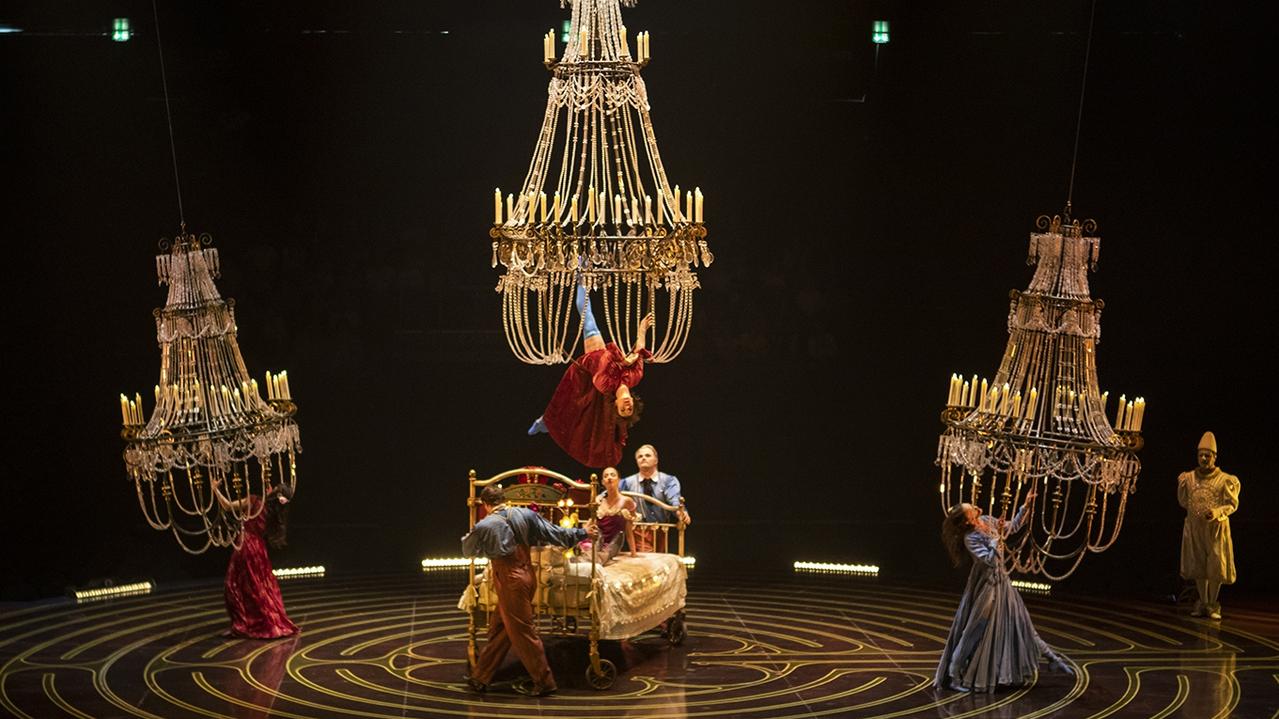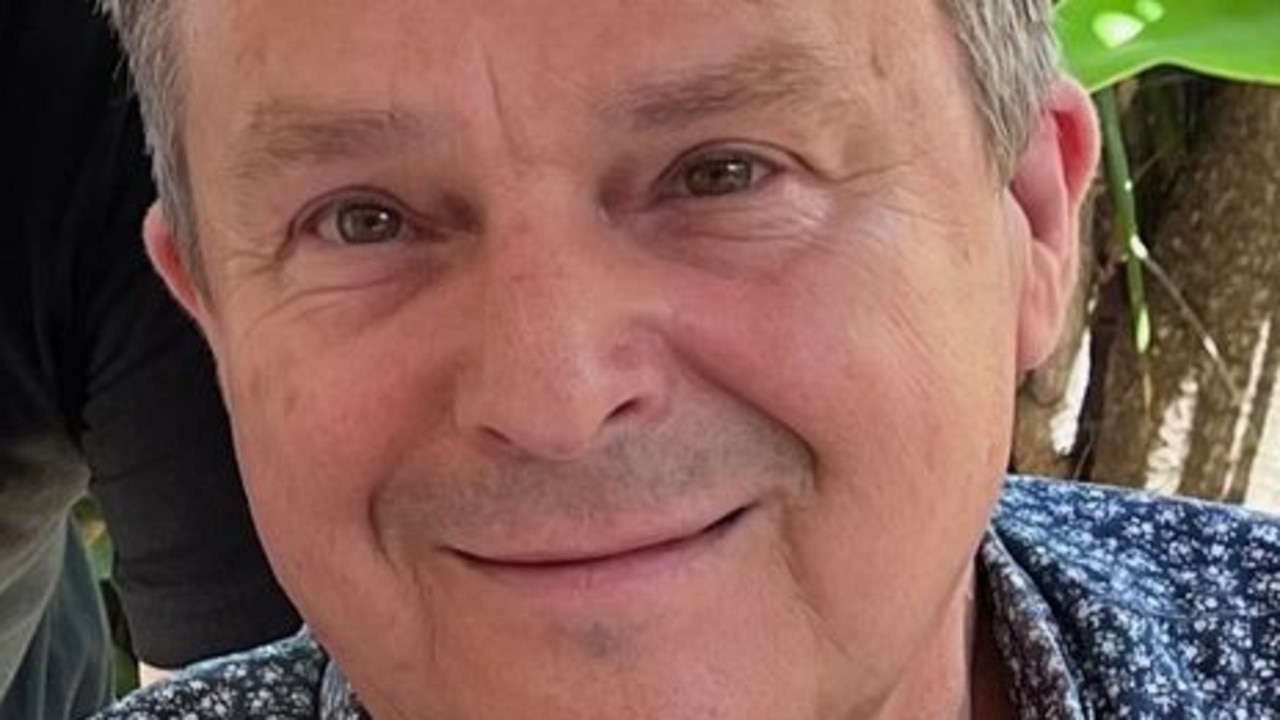Sydney Biennale being taken over by ‘self-indulgent woke art’, says Peter Murphy
A former arts professor is questioning the direction of the Biennale of Sydney festival and why millions in taxpayers’ money is spent on ‘woke art appealing solely to niche audiences’.
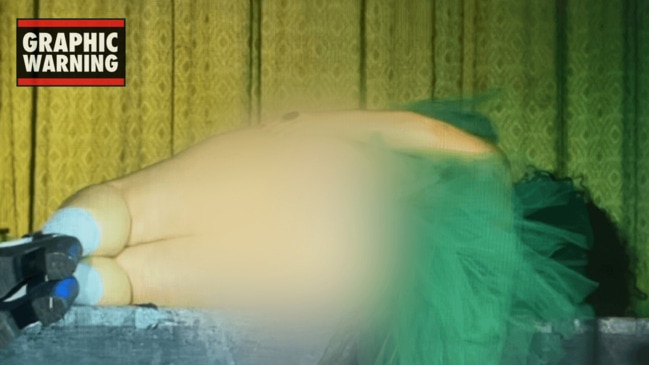
Arts
Don't miss out on the headlines from Arts. Followed categories will be added to My News.
Questions are being raised about the direction of the latest Biennale of Sydney art festival and why millions of dollars of taxpayers’ money is being spent on a “pagan Gai-worshipping festival of woke”.
The 23rd Biennale is titled rivus, with a focus on “non-human entities as living ancestral beings with a right to life”, as well as climate activism and “hydro-feminism”.
The arts festival will include portraits of climate activists made of grass, “queer ecologies”, “river Horror”, “fish philosophy”, “multi-species justice” and “hydro-feminism”.
Some artists will campaign against dams.
Some of the promotional materials state: “Can a river sue us over psychoactive sewage? Will oysters grow teeth in aquatic revenge? What do the eels think? Are the swamp oracles speaking in tongues?”
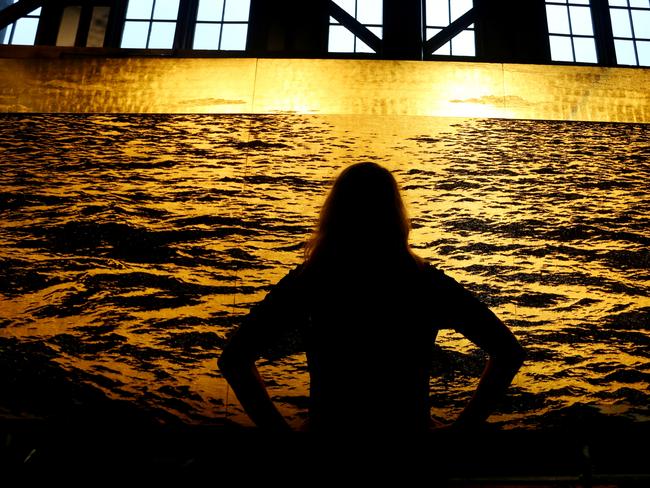
Organisers say that it’s only been recently that “animals, plants, mountains and bodies of water have been granted legal personhood” — but this belief has been described as “nonsense” by the Institute of Public Affairs think-tank.
And a noted arts professor says “self-indulgent” woke art has taken over the subsidised arts but won’t be regarded as “great art” nor have lasting value.
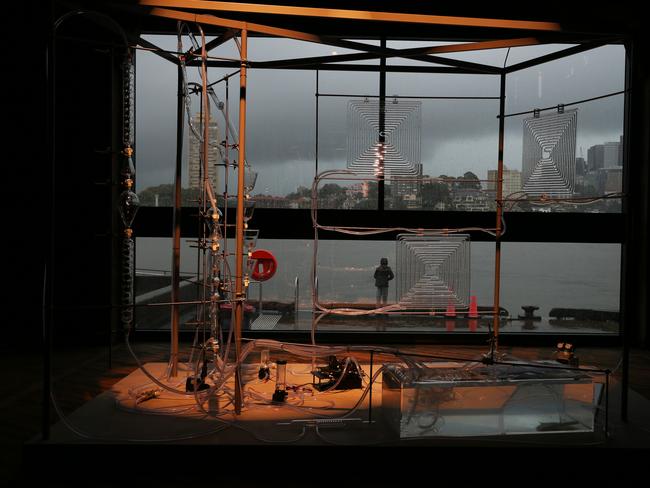
Many of the artists will be focused on mass extinction, climate warming, planting virtual trees, recycling and running weaving and sustainable classes.
The festival even includes a collective trying to make the North Sea into a legal entity.
IPA Foundations of Western Civilisation Program director Dr Bella d’Abrera said the program was “activism masquerading as art”.
“This year’s program reveals that the organisers of the Sydney Biennale are not even remotely interested in arts or culture,” she said.
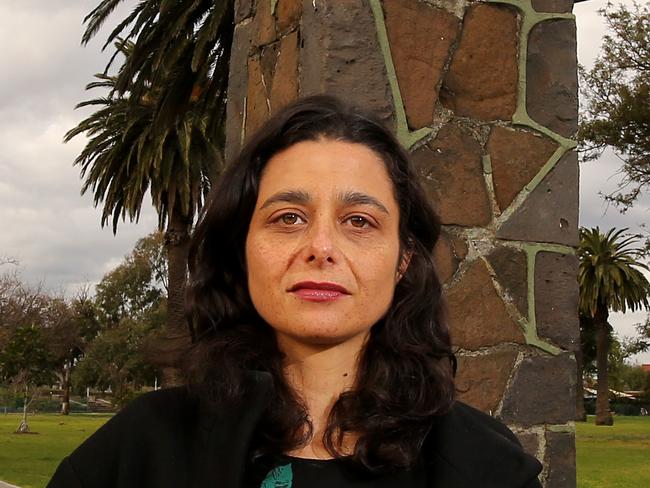
“They are political activists animated solely by their obsession with cultural engineering, social justice and climate change.
“If it was given the choice, it is unlikely that the Australian public would voluntarily fund what is in effect a pagan festival of Gaia-worship.”
The Australian Charities and Not-for-Profit Commission’s latest financial figures shows the Biennale received 57 per cent of its income, or $3.2 million, from government grants in 2020.
Professor Peter Murphy, an author and former Professor of Arts and Society at James Cook University, said “politicised art is almost always bad art”.
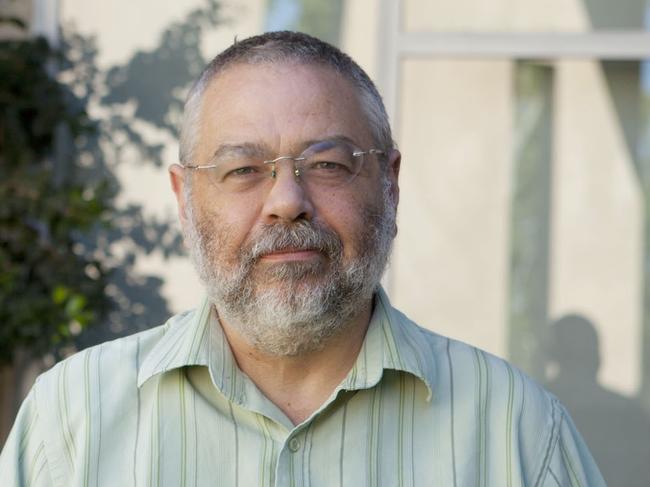
He said while governments have a role in funding major art collections and facilities, “they should stop subsidising niche ideological art”.
“Woke art appeals solely to niche audiences who want to telegraph their own ridiculous sense of moral superiority,” he said.
“Politicised art rarely has any lasting value. It does not endure. It mimics dubious ideological fashions.
“It is not the business of art to send messages or make statements. Great art stimulates our sense of beauty, wonder and awe.
“Woke art by comparison is boring, pretentious and finger-pointing.”
The Sydney Biennale criticism follows controversy over the Australia Council for the Arts awarding $80,000 grants to artists including a “bum puppet” cabaret artist who performs drawings of the prime minister on her buttocks.
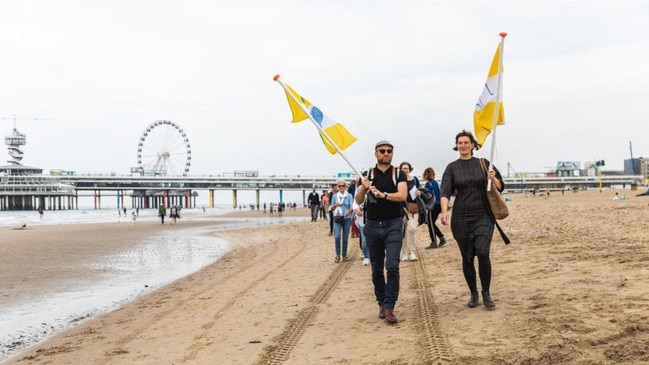
One of the Sydney Biennale artists is a Netherlands collective called The Embassy of the North Sea who say that the water mass “owns itself” and that they are trying to make the sea into an independent legal entity.
Visiting school students will be told “the voices of plants, animals, microbes and people in and around the North Sea are listened to and involved”.
Asked about their funding, and events, a spokeswoman said: “The Biennale of Sydney has multi-year agreements with the Australia Council for the Arts, Create NSW and City of Sydney that contribute 38 per cent of our overall budget.
The remainder of our funds are raised through corporate partnerships, philanthropy, special grants and box office.
“For the 23rd Biennale of Sydney … 48 per cent of income is raised through sponsorships, partnership and other earned income, and 14 per cent is through philanthropy.”




